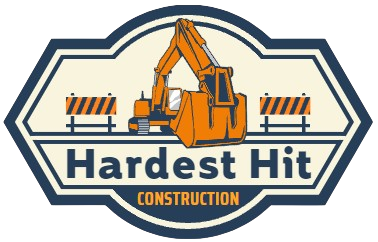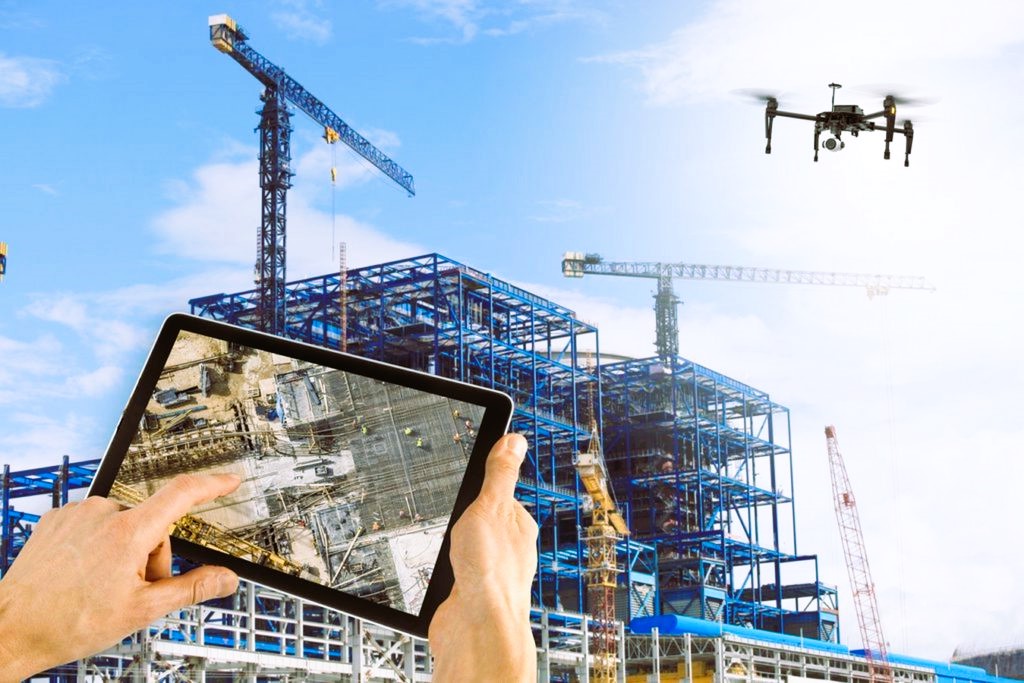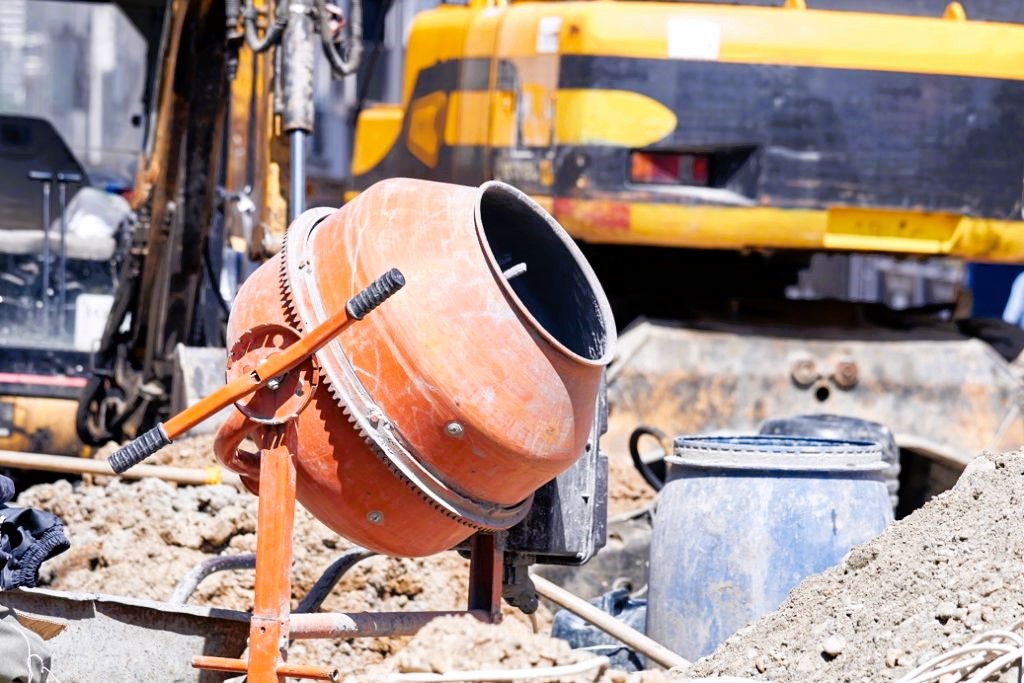The construction industry, once known for its traditional methods and manual labor, is experiencing a profound transformation fueled by technological advancements. In recent years, various technological innovations have reshaped the landscape of construction, leading to increased efficiency, safety, and sustainability. This article delves into the significant impact of technology on modern construction, exploring current trends and innovations that are shaping the future of the industry.
Building Information Modeling (BIM):
Building Information Modeling has emerged as a game-changer in modern construction projects. BIM is a digital representation of the physical and functional characteristics of a building, providing a collaborative platform for architects, engineers, and contractors. This technology enhances communication, minimizes errors, and streamlines the entire construction process from design to maintenance.
Drones and Aerial Imaging:
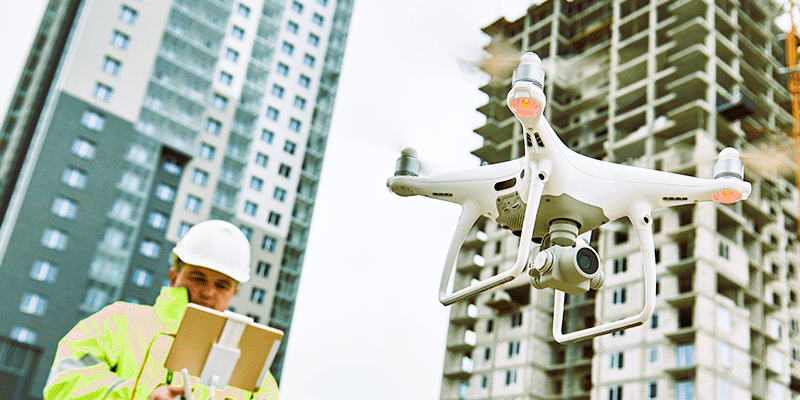
Unmanned Aerial Vehicles (UAVs), commonly known as drones, have become indispensable tools in construction. Drones equipped with high-resolution cameras enable real-time aerial imaging and mapping of construction sites. This technology enhances surveying, project monitoring, and site inspection, allowing for better decision-making and improved project management.
3D Printing in Construction:
3D printing technology is making waves in the construction industry, offering a revolutionary approach to building structures. Large-scale 3D printers can create intricate building components using various materials such as concrete and composite materials. This innovation accelerates construction timelines, reduces material waste, and opens the door to more sustainable building practices.
Robotics and Automation:
The integration of robotics and automation in construction processes has led to increased efficiency and reduced labor-intensive tasks. Robots can perform tasks such as bricklaying, welding, and even autonomous heavy machinery operation. This not only enhances productivity but also contributes to a safer working environment by automating hazardous tasks. How to plan a construction project, read our advice from professionals.
Augmented Reality (AR) and Virtual Reality (VR):
AR and VR technologies are transforming the way construction projects are visualized and executed. These immersive technologies allow stakeholders to experience virtual walkthroughs of construction sites, facilitating better design visualization and collaboration. VR is particularly valuable for training purposes, providing realistic simulations for construction workers to practice safety procedures.
Smart Construction Equipment:
The advent of smart construction equipment equipped with sensors and IoT (Internet of Things) capabilities has revolutionized equipment management. Sensors collect real-time data on equipment performance, fuel consumption, and maintenance needs. This data-driven approach enables predictive maintenance, reducing downtime and optimizing the lifespan of construction machinery.
Green Construction Technologies:
Sustainability is a key focus in modern construction, and technology plays a vital role in achieving green building practices. Innovations such as energy-efficient HVAC systems, solar panels, and smart building materials contribute to reducing the environmental impact of construction projects. These technologies align with global efforts to create more sustainable and eco-friendly structures.
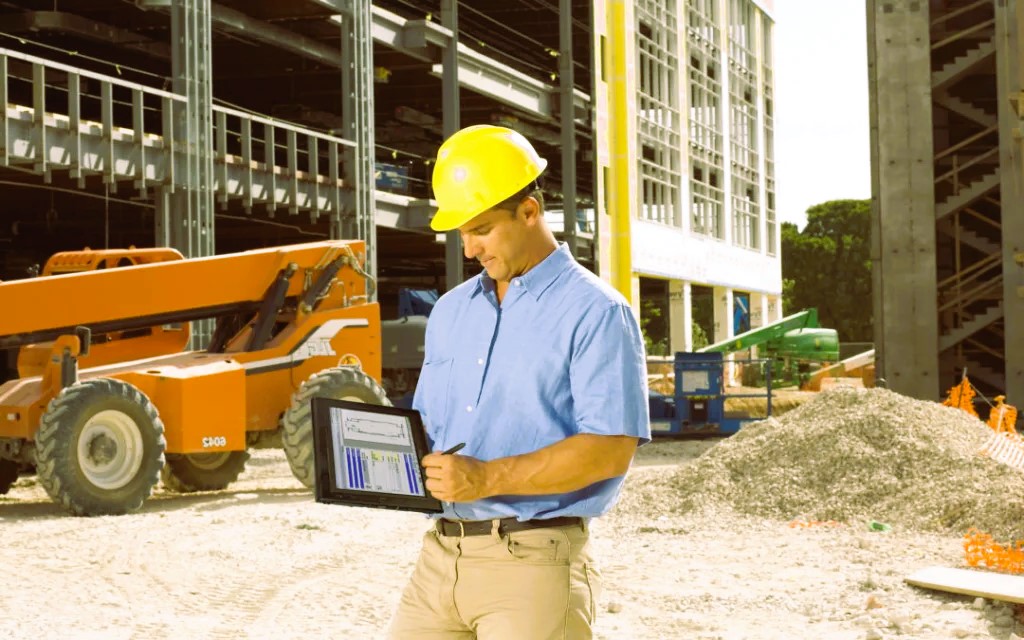
Construction Management Software:
The adoption of construction management software has streamlined project planning, scheduling, and collaboration. Cloud-based platforms allow real-time communication and document sharing among project teams, improving overall coordination and reducing delays. This technology enhances transparency and accountability in construction projects.
Conclusion:
The impact of technology on modern construction is undeniable, ushering in an era of unprecedented innovation and efficiency. From BIM and drones to 3D printing and smart construction equipment, these technological advancements are transforming the industry and shaping the way we build the structures of the future. As the construction landscape continues to evolve, staying informed about the latest trends and embracing innovative technologies will be crucial for professionals in the field.
For more information on construction technology standards and best practices, readers are encouraged to explore resources provided by authoritative organizations such as Wikipedia. These platforms offer valuable insights into industry standards and guidelines for incorporating technology into construction processes.
